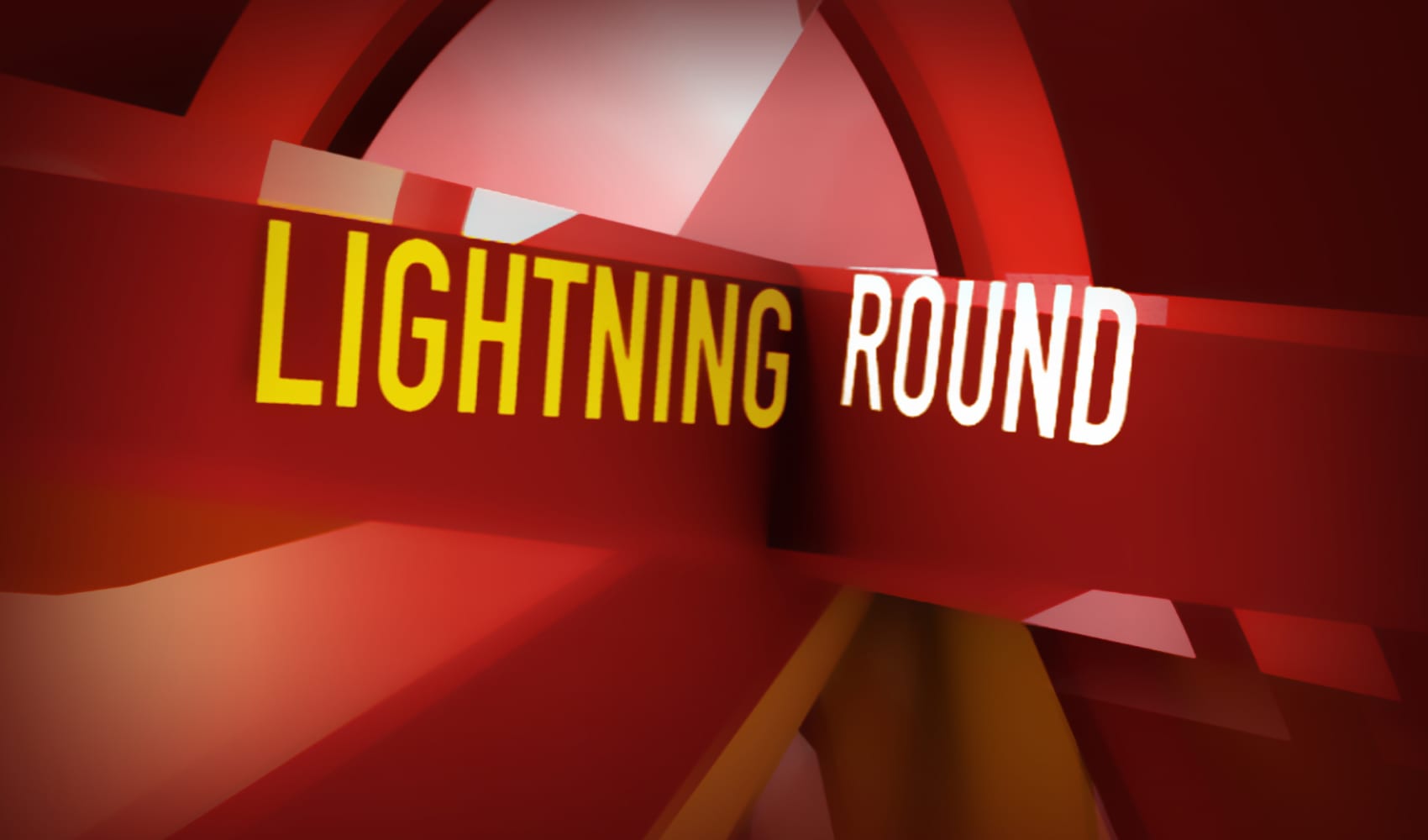
- The U.K. government will ban disposable vapes and restrict the packaging and flavors existing vapes can be sold in.
- Figures show 9% of 11- to 15-year-olds in the U.K. use vapes, despite it being illegal to sell them to under-18s.
The U.K. government on Monday announced it will ban disposable vapes, citing an "alarming rise" in the number of young people using them.
There will also be new restrictions on how vapes can be packaged and displayed, as well as the flavors they can come in.
Brightly colored e-cigarettes which are used once and thrown away have proliferated in the U.K. and other countries in recent years.
Get top local stories in San Diego delivered to you every morning. >Sign up for NBC San Diego's News Headlines newsletter.
Pointing to the nicotine content that is typically present in many vapes, the U.K. government on Monday warned that withdrawal from the substance can sometimes cause "anxiety, trouble concentrating and headaches. While vaping can play a role in helping adult smokers to quit, children should never vape."
It is illegal to sell vapes to consumer under the age of 18 in the U.K., but according to government figures, 9% of 11- to 15-year-olds use them. The number of children vaping has tripled over the last three years, it said.
Shops that sell vapes to children face higher spot fines.
Money Report
Campaigners have also highlighted the environmental impact of vapes, which are difficult to recycle and contain hazardous liquids and flammable lithium batteries.
Five million disposable vapes are thrown away each week, equal to the lithium batteries of 5,000 electric vehicles over the course of the year, the government said.
Alex Robinson, CEO of charity Hubbub, said that disposable vapes were a single-use plastic electrical and have been an "environmental disaster."
"Each one contains a battery and a circuit board, with precious metals like lithium. But it's too expensive to recycle them, and most are just chucked in the bin," he told CNBC.
The vaping measure comes amid a broader U.K. crackdown that is set to make it illegal to sell any tobacco product to anyone born on or after Jan. 1, 2009.
Prime Minister Rishi Sunak said it was important to act before vaping among children becomes "endemic."
"The long-term impacts of vaping are unknown and the nicotine within them can be highly addictive, so while vaping can be a useful tool to help smokers quit, marketing vapes to children is not acceptable," Sunak said Monday.
Jacob George, chair of cardiovascular medicine and therapeutics at the University of Dundee, said he fully supported the disposable vape ban and discouraging young people and nonsmokers from starting to vape — but cautioned against "criminalising and penalising all vaping activity."
"It is a useful adjunct for helping people who smoke tobacco cigarettes to quit. Government legislation in this area should be nuanced and careful," George said.






